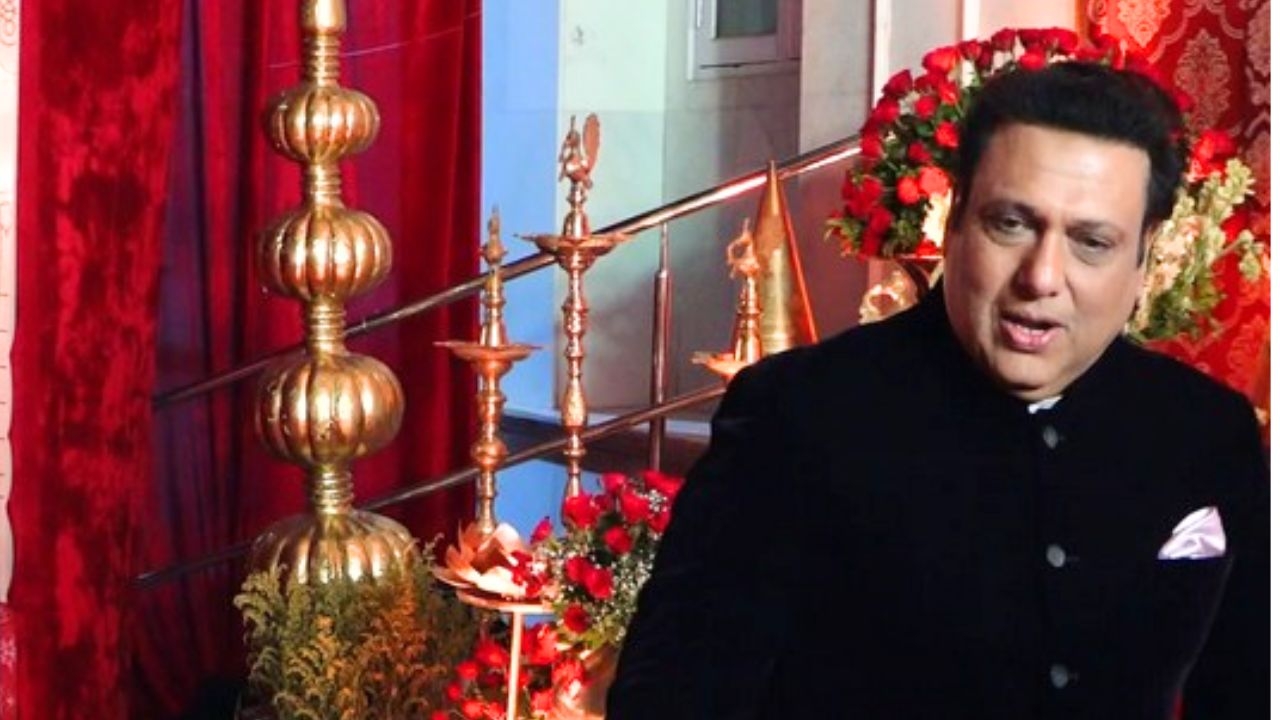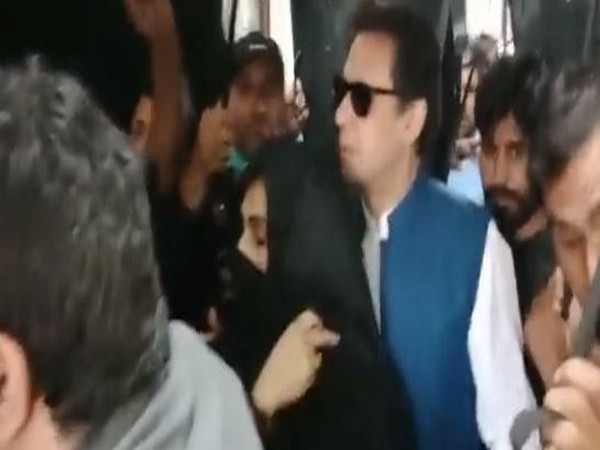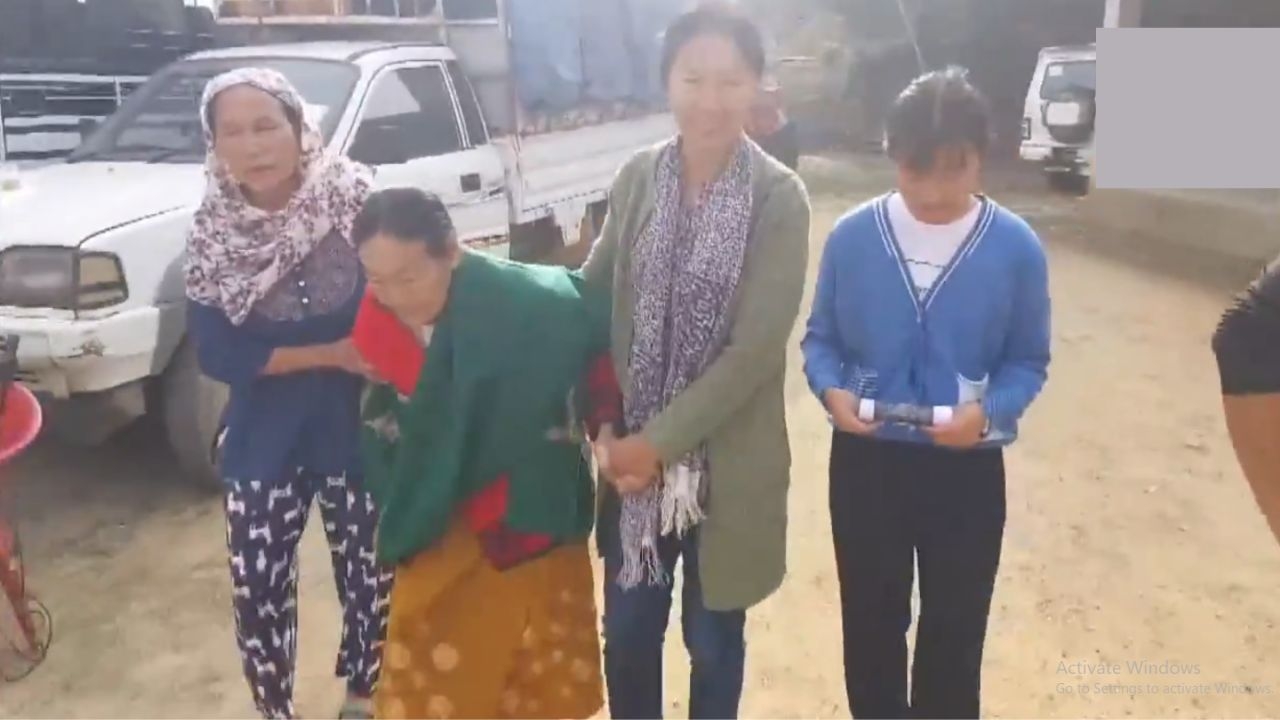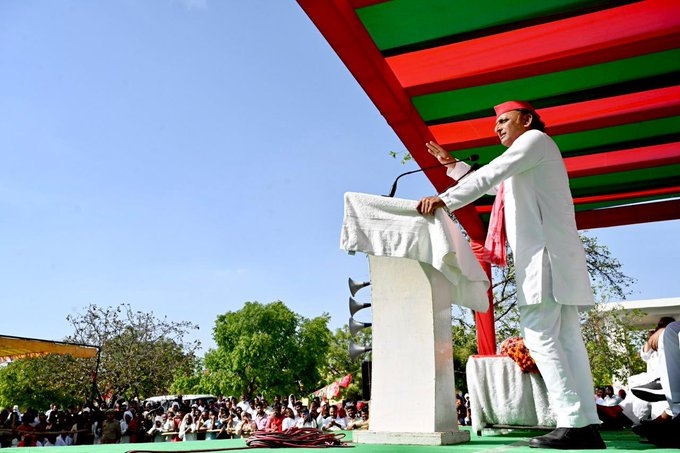Emergency blindness: things LK Advani forgot to see
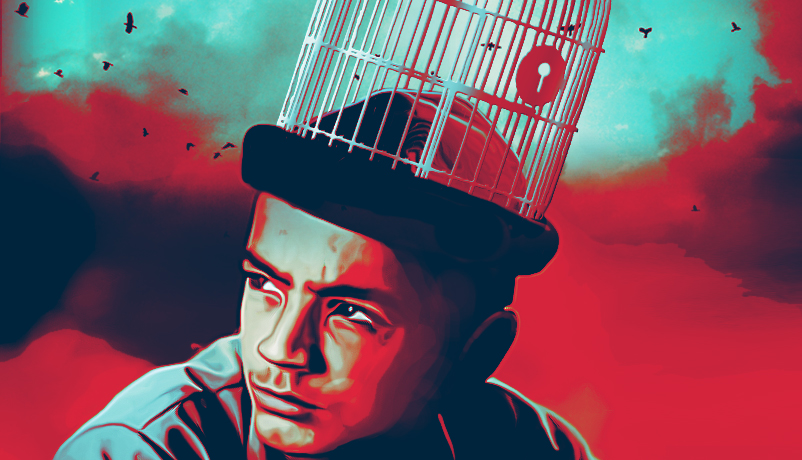
The spark
- BJP leader LK Advani recently asserted in The Indian Express that the Emergency could happen again.
- He said civil liberties could be suspended again in the future. That the forces that can curb democracy had grown stronger.
- The Opposition jumped with glee. Given their rivalry, they interpreted this as an indictment of PM Narendra Modi.
- A day later, Advani watered his statements down.
The fire
- Advani is not well placed to send out barbs. He\'s responsible for the Babri Masjid demolition. And backing Modi after Godhra.
- As the original architects of the Emergency, the Congress is in no position to comment either.
- Popular memory forgets, even sections of the middle class had been happy with the Emergency.
- The political class and media remember the Emergency with urgency because it is their dissent that was curbed.
The heat-ray
- The fact is, the Emergency never stopped. Civil liberties have remained under assault. The political class and sections of the media just don\'t recognise it.
- The Modi government is subverting many progressive laws. This impulse exactly mirrors that of the Congress.
More in the story
- The many ways the Emergency lives on.
- The reason we don\'t see it.
The odd thing about losing liberties is that one doesn't notice it when it happens to others.
Over the last two days, BJP leader LK Advani's assertions on the Emergency have lit a conversational fire amongst the political class. Advani told The Indian Express that "at the present point of time, the forces that can crush democracy are stronger."
He added, "I don't have the confidence that Emergency cannot happen again" or indeed that "civil liberties would not again be suspended".
His diagnosis: political leadership in India has deficiencies. Its commitment to democracy, and all other aspects related to democracy, is lacking.
Bitter friends
Opposition parties have naturally leapt on this with glee. Advani's miff with Prime Minister Narendra Modi is well known. It's the bitter miff of a master upended by a protege.
His comments were instantly interpreted as a not-so-oblique indictment of the centralising personality of Modi.
But all of that actually feels a bit of empty fizz. Bihar Chief Minister Nitish Kumar and RJD chief Lalu Prasad Yadav may have some ground to stand on, having gone to jail in the Emergency era, as might some of the Left party leaders.
But the Congress' capacity to attack in smoky air truly smacks of blind exuberance. How can the original architects of the Emergency even think of striking on this one?
Fire starter
But, in truth, none of this runs the distance. Advani himself is hardly well placed to send out barbs.
If the mark of an Emergency is the dictatorial assertion of will and the suspension of Constitutional liberties, how can he live down the smashing of the Babri Masjid? The burying of the Sri Krishna Committee Report on the Mumbai riots that followed. Or, indeed, the defence of Modi post-Godhra?
But set all of that aside. Advani himself has doused the fire he started. Having singed a little in The Express on Thursday, he poured water in The Times of India on Friday.
"I had spoken precisely about the Emergency in the interview, and there is absolutely no reason to interpret it in the present day context," he said.
The political class remembers Emergency with such urgency because their rights were curbed
As intrepidity goes, that has to count as the most short-lived.
However, all this still seems to be missing a point. The most interesting thing about Advani's interview was not just who he was hitting at in a short burst, but the core political issue he absolutely side-stepped.
When Advani said he doesn't have confidence that Emergency cannot happen again, or that civil liberties would not again be suspended, he placed the fear in the future.
Memories of the Emergency
This is a symptom of a dangerous and widespread day-blindness: we notice the loss of liberty only when it happens to us, not others.
Of course the Emergency was a dark period in India's history. But one of the reasons the media and political class remember it with such urgency is that it is they who were put in jail for protesting. It is their right to dissent that was curbed.
Popular memory tends to forget that even then large swathes of the middle-class embraced the Emergency with relief. For them, it was merely a period when trains ran on time, strikes were controlled, and happy efficiencies prevailed.
Something similar prevails now: pretty much the entire political class, and at least some sections of the media, are perfectly happy to see others' liberties curbed.
Often, they do not even recognise it as a curb.
One of the shock statistics of the Emergency is that 1,00,000 people were put in jail. These were mostly Opposition leaders, party workers, and some journalists. That is why it is remembered as such a rupture: the shoe was never supposed to jump the foot.
Perpetual Emergency
The fact is, the Emergency never stopped. Only the angle of its heat-ray shifted. Or, went back to scorching where it usually does.
The fact is civil liberties for one half of this country are always suspended. Farmers in Srikakulam, in Congress-led Andhra Pradesh, were shot at a few years ago for protesting. In BJP-led Gujarat, Section 144 prevents them from gathering.
Even as we breathe today, there are thousands of tribals in jail, thrown in there for nothing more substantial than a difference of opinion on land, forests, environment, or a desire to file an inconvenient FIR.
That fact straddles BJD-led Orissa, BJP-led Chhattisgarh, and the formerly Congress-led Andhra and Maharashtra.
At the peak of the Koodankulam nuclear plant protest in Tamil Nadu, almost 50,000 civilians had FIRs against them; many were jailed. Activist SP Udayakumar alone had more than 350 cases against him: again, merely over a differing view of the world.
These are just flags for untold numbers of people who are punished daily for not being part of a consensus. Muslim boys who are put in jail for 14 years on false charges, then acquitted, are only the surface tip of that world.
The Modi government has pretty much broken the back of the country's civil rights and environmental groups by freezing their funding and declaring them 'economic terrorists'.
Popular memory tends to forget that large swathes of the middle-class had embraced the Emergency with relief
But the IB Report he is using to outlaw democratic dissent was set in motion by the previous Manmohan Singh-led Congress government.
(In fact, it is a nice piece of irony that the clause in the FCRA Act - which governs foreign funding and is being used by Modi against activists now - was first brought in by Indira Gandhi during the Emergency to curb Jayprakash Narayan.)
It doesn't stop there.
The GUJCOC Act, a draconian anti-corruption law that makes confessions before the police permissible evidence - and whose 'nails and teeth' Modi argued for - was passed recently in BJP-led Gujarat.
It is a mirror image of the MCOCA, which has lain un-repealed through many Congress terms in Maharashtra. And the Chhattisgarh Public Security Act which can land you in jail for even having thoughts the government deems un-kosher.
It goes further.
Behind closed doors
The Modi government is in the midst of subverting some of the most progressive and far-sighted environmental protection laws drafted by the Congress, which protected both the nation's resources and its most disenfranchised people.
But even this seems to be a shared impulse. In the last phase of his government, former PM Manmohan Singh had set up the Cabinet Committee on Economic Affairs, which would have only four ministers chaired by him.
[fullsuite/]
This sought to bypass all other ministries - tribal, environment, etc - so it could centralise clearing any growth project above Rs 1,000 crore without consultation.
The most brazen face of all this is the Modi government's decision to do away with the very idea of consent in the first land ordinance it brought in.
The fact is, the Emergency never stopped. Only the angle of its heat-ray shifted
That caught some wind. But for the most part, the rest goes unnoticed.
For instance, the Modi government is currently contemplating a slew of labour reforms. One of them is particularly Kafkaesque.
It is an amendment to the Industrial Relations Bill. This amendment will make it mandatory for labour unions to give their employers a two-six week notice before going on strike. The moment they do so, a conciliation process will be deemed to have set in. The law will then forbid workers to strike during the process of conciliation, which has no fixed time limit. Violating that could earn a fine of Rs 50,000 or a jail term of one month. Or both.
This proposed violation of workers' rights has triggered no outcry in the political class or media.
Hidden clauses
None of this is seen as growing assaults on civil liberties: the overturning of PESA, and the Forest Rights Bill, and the amendment to the CrPC in Maharashtra, which makes it mandatory to get permissions before filing an FIR against any elected official.
Ask any of the people affected by these things if they feel they are living in a robust democracy: the answer would not be pretty.
The sound cloud that was generated by Advani's oblique reference to Modi, therefore, may be justified.
But what's far scarier is that it's not one man's personality that needs watching.
It's that the impulse to centralise power and clamp down on dissent runs across party lines - remember the all-powerful Lokpal Arvind Kejriwal and Co wanted to create?
And that we don't recognise that, for many Indians, the recurrence of the Emergency and loss of civil liberties, is not a phenomenon set in the future. It is a reality lived daily. In silence.
First published: 19 June 2015, 10:51 IST
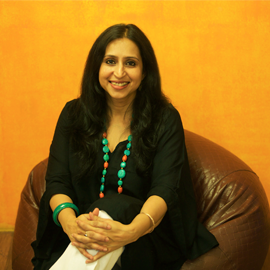
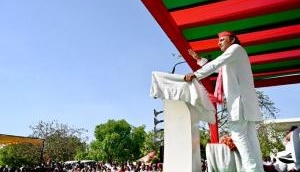
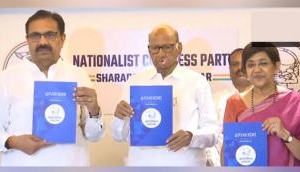
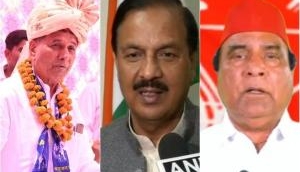
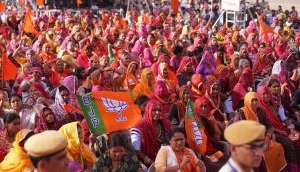

![BJP's Kapil Mishra recreates Shankar Mahadevan’s ‘Breathless’ song to highlight Delhi pollution [WATCH] BJP's Kapil Mishra recreates Shankar Mahadevan’s ‘Breathless’ song to highlight Delhi pollution [WATCH]](http://images.catchnews.com/upload/2022/11/03/kapil-mishra_240884_300x172.png)

![Anupam Kher shares pictures of his toned body on 67th birthday [MUST SEE] Anupam Kher shares pictures of his toned body on 67th birthday [MUST SEE]](http://images.catchnews.com/upload/2022/03/07/Anupam_kher_231145_300x172.jpg)


